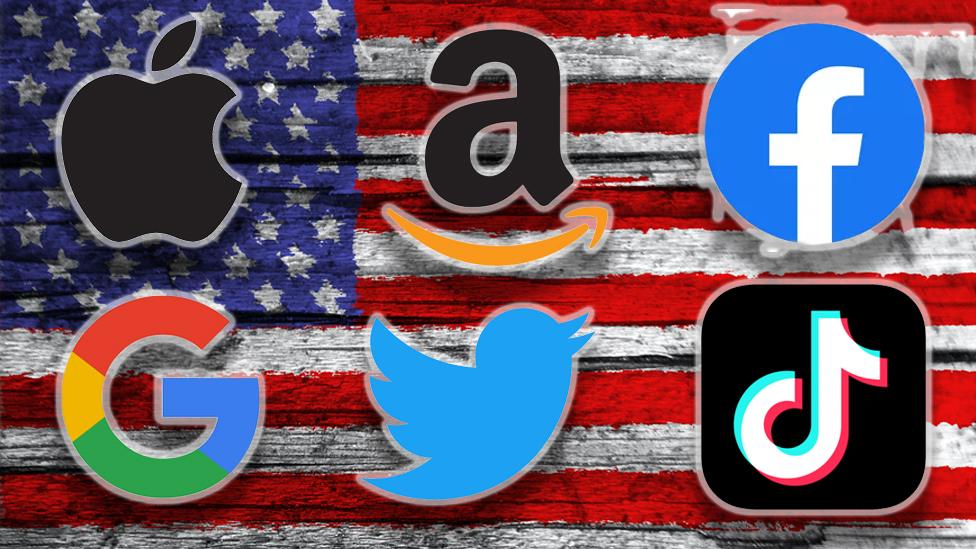Covid: Trump fails to sign economic relief bill into law
- Published
Trump asked Congress to amend the Covid aid bill earlier this week
Millions of Americans have temporarily lost their unemployment benefits after President Donald Trump failed to sign the Covid relief bill into law.
US President-elect Joe Biden had warned of "devastating consequences" if Mr Trump continued to delay signing but the Saturday deadline has now passed.
Unemployment benefits and a ban on evictions will be affected.
The package worth $900bn (£665bn) was approved by Congress after months of difficult negotiations and compromises.
Mr Trump says he wants to give people bigger one-off payments.
Late on Sunday he tweeted that there was "good news" on the bill, but did not give any details.
Allow X content?
This article contains content provided by X. We ask for your permission before anything is loaded, as they may be using cookies and other technologies. You may want to read X’s cookie policy, external and privacy policy, external before accepting. To view this content choose ‘accept and continue’.

The bill includes the payment of $600 to Americans earning less than $75,000 a year. Mr Trump says he wants Americans to receive $2,000 but Republicans in Congress refused to agree to the change.
In a tweet late on Saturday evening local time, Mr Trump again defended his position on the issue, blaming China for the coronavirus outbreak.
The coronavirus economic relief is part of a $2.3tn spending package that includes $1.4tn for normal federal government spending. A partial government shutdown will begin on Tuesday unless legislators pass a stopgap bill before then - but this would not include coronavirus aid and Mr Trump would still have to sign it.
About 14 million Americans would be affected by a lapse in unemployment benefit payments and new stimulus cheques.
What did Biden say?
In a strongly worded statement published on the transition website on Saturday, Mr Biden described Mr Trump's refusal to sign the bill as an "abdication of responsibility".
"It is the day after Christmas, and millions of families don't know if they'll be able to make ends meet because of President Donald Trump's refusal to sign an economic relief bill approved by Congress with an overwhelming and bipartisan majority," Mr Biden said.
"I'm not sure how we're going to survive"
He praised the example of members of Congress in compromising and reaching a bipartisan agreement, adding: "President Trump should join them, and make sure millions of Americans can put food on the table and keep a roof over their heads in this holiday season."
What's Trump's position?
On Twitter earlier, the president had reiterated his objection to the bill, saying: "I simply want to get our great people $2000, rather than the measly $600 that is now in the bill."
The coronavirus aid relief bill - with the larger budget bill rolled in - overwhelmingly passed the House of Representatives and Senate on Monday but, a day later, Mr Trump issued an implied veto threat, describing the package as a "disgrace" full of "wasteful" items.
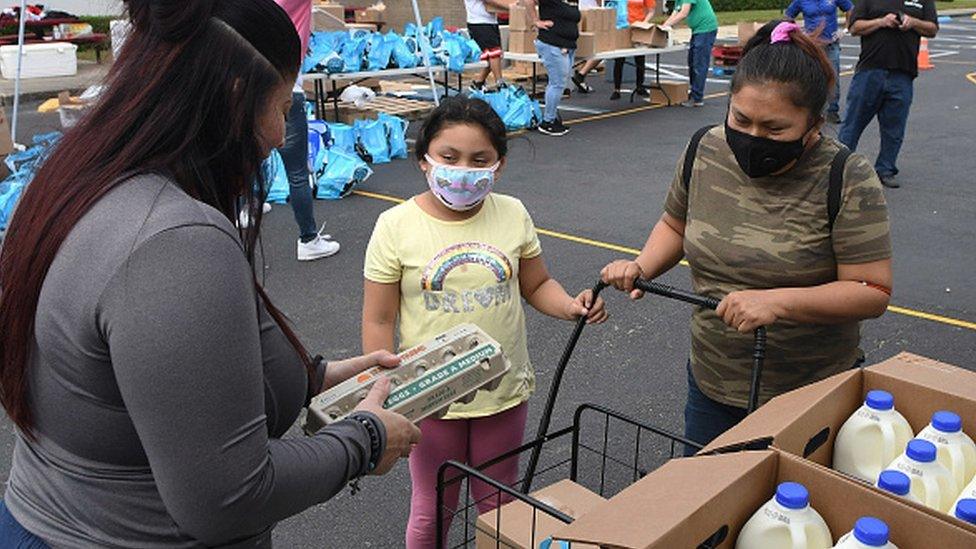
A woman and her daughter receiving food aid in Florida this month
He baulked at the annual aid money for other countries in the federal budget, arguing that those funds should instead go to struggling Americans.
Mr Trump's decision to bat the measure back to Capitol Hill stunned lawmakers since he has largely stayed out of negotiations for a coronavirus aid bill that had stalled since last July.
His top economic adviser, Treasury Secretary Steven Mnuchin, had proposed the $600 payments early this month, and many have questioned why the president waited until now to object.
What happens next?
The fate of the spending package remains in the balance while Mr Trump refuses to sign it.
He spent Saturday at his Mar-a-Lago residence in Florida with his family, where he held "many meetings and calls", according to his schedule.
The White House said it had no update on the prospect of Mr Trump signing the bill by Monday, an official quoted by Reuters news agency said.
Because it includes money to fund the federal government through to September 2021, a government shutdown looms on Tuesday unless a stopgap bill is passed and signed by the president.
But that would not cover the coronavirus aid package, leaving millions of families in peril.
The House of Representatives, controlled by the Democrats, plans to vote on Monday on a standalone bill that would provide the $2,000 cheques to Americans.
On the same day, the House is also expected to vote on an unrelated, $740bn defence spending bill, which Mr Trump vetoed on Wednesday instead of signing into law. Lawmakers plan to override the president's veto and enact the legislation anyway, but to do so they need two-thirds of votes in both the House and Senate.
Related topics
- Published25 December 2020
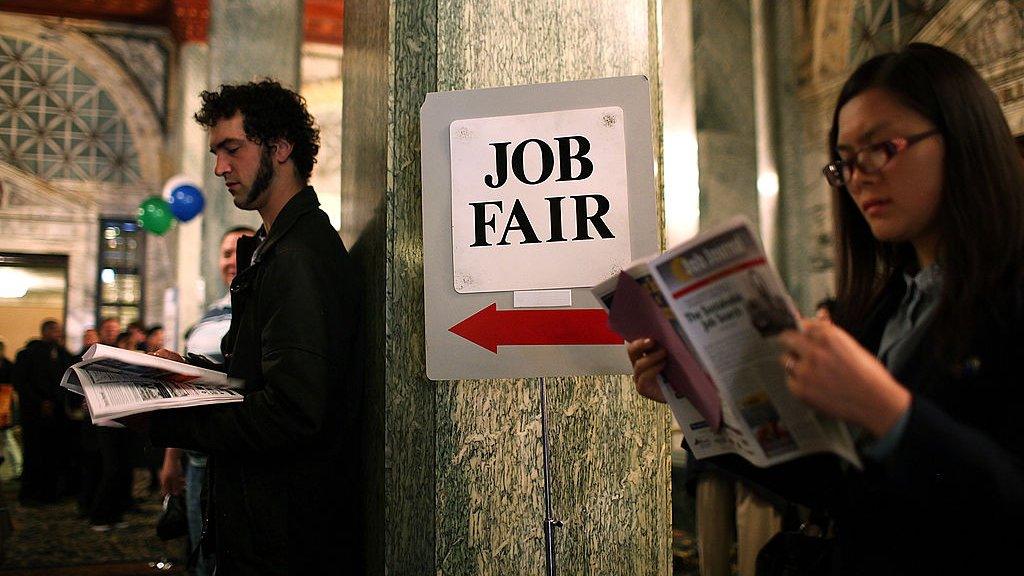
- Published24 December 2020
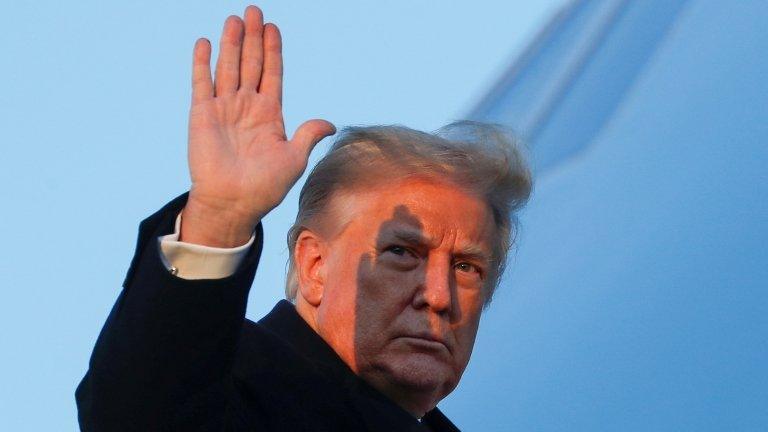
- Published23 December 2020
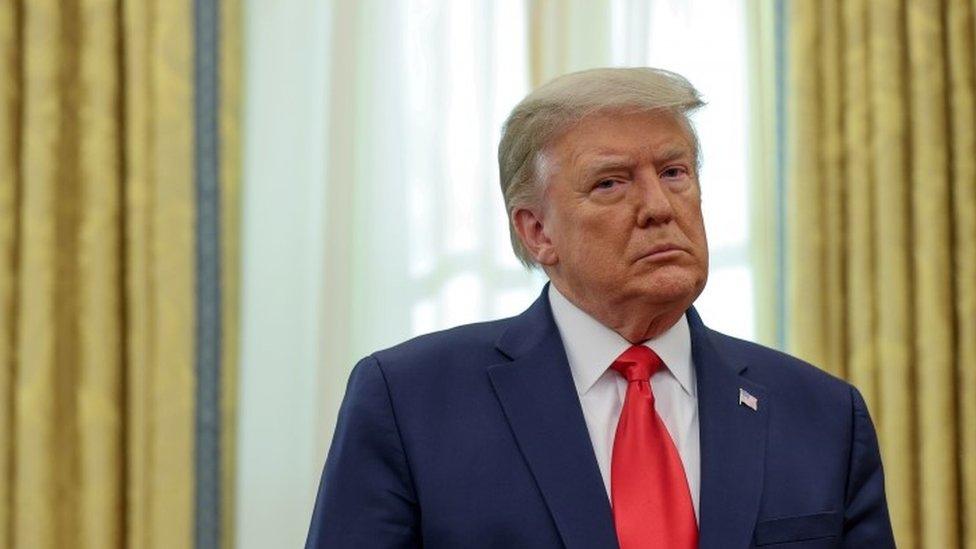
- Published23 December 2020

- Published7 October 2020
